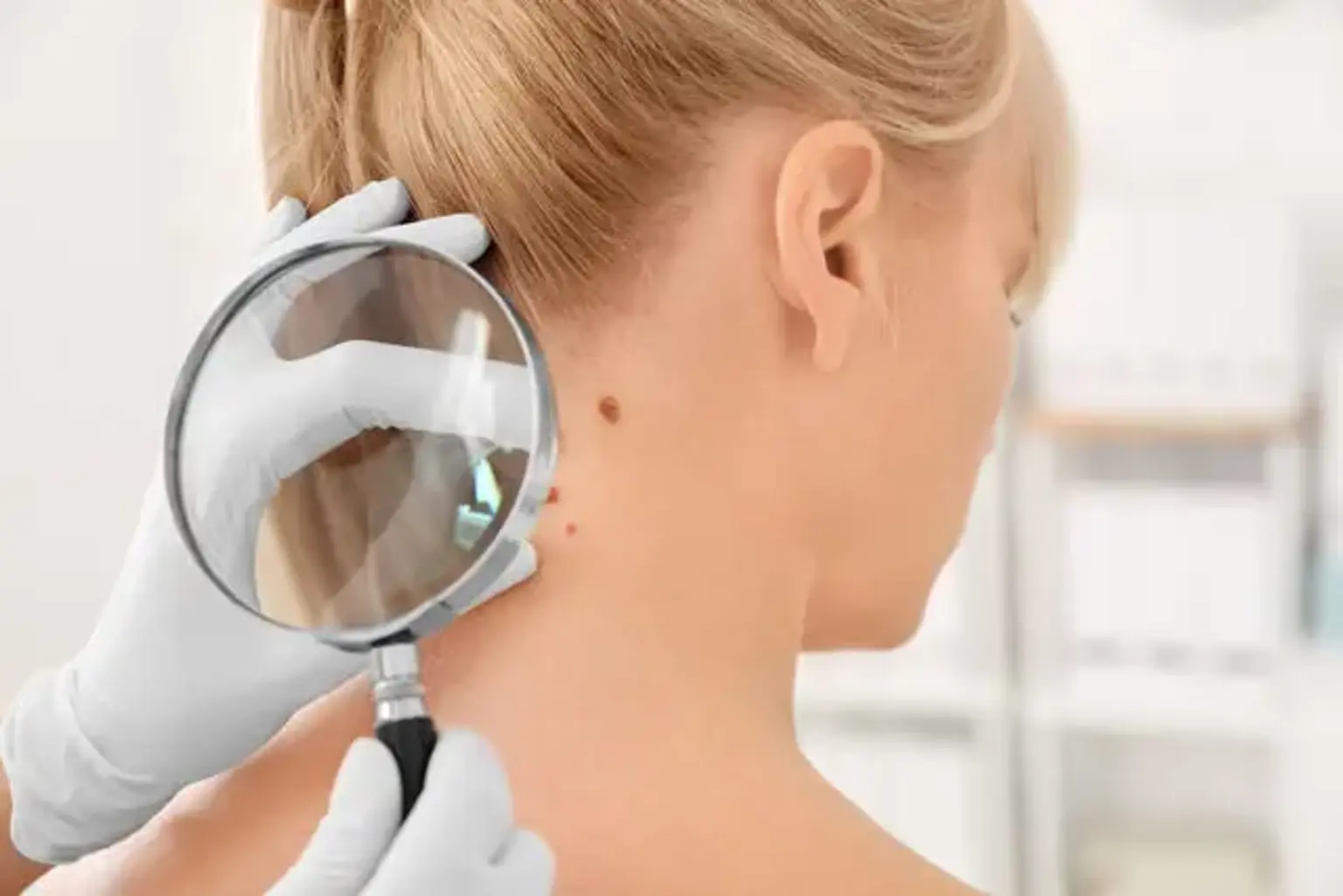Introduction
Skin cancer is one of the most common types of cancer worldwide, and its early detection and treatment can be the difference between life and death. As skin cancer awareness increases, so does the importance of finding the right specialist for diagnosis, treatment, and ongoing care. Whether it’s melanoma, basal cell carcinoma, or squamous cell carcinoma, selecting a qualified skin cancer specialist is crucial to ensuring the best possible outcome.
In countries like Korea, renowned for its world-class healthcare infrastructure and advanced medical technologies, patients often seek skin cancer specialists for both routine care and specialized treatment. But how do you navigate this decision? With so many options available, choosing the right expert can feel overwhelming. In this article, we will guide you through the process of selecting the right skin cancer specialist, focusing on key aspects such as qualifications, treatment options, and the benefits of seeking care in Korea.
What to Look for in a Skin Cancer Specialist
Choosing the right skin cancer specialist requires understanding what makes a doctor qualified to treat this serious condition. Here are the key factors you should consider when selecting a dermatologist or oncologist for your care:
Qualifications and Certifications of a Skin Cancer Specialist
First and foremost, you want a specialist who has the necessary qualifications and certifications to treat skin cancer effectively. In Korea, dermatologists must be board-certified to practice, and many will specialize further in skin cancer or melanoma. A board-certified dermatologist will have completed rigorous training and passed exams to demonstrate their knowledge and skills in dermatology and oncology. Additionally, some specialists may be trained specifically in melanoma treatment, which is crucial for patients diagnosed with this aggressive form of skin cancer.
It's important to verify the dermatologist's credentials, particularly in Korea, where advanced treatments are highly sought after. Many dermatology centers in Korea display their doctors' credentials prominently. If you're unsure, ask for proof of certification or visit the medical board’s website to confirm their qualifications.
